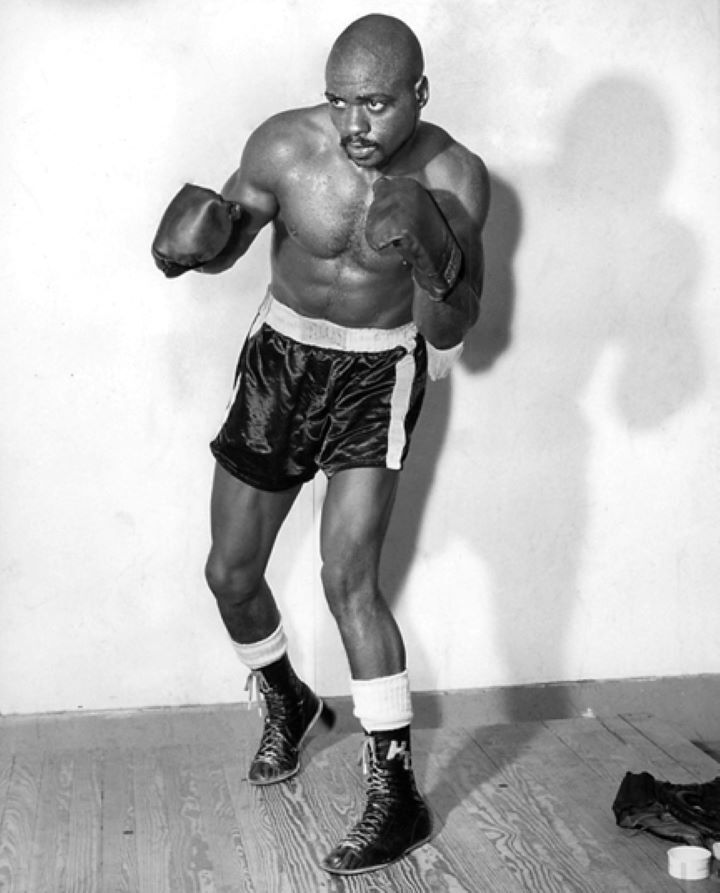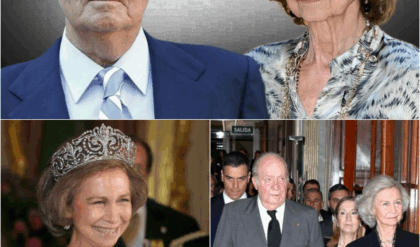
As the film “The Featherweight,” about the life of boxing great Willie Pep, enters wide release, this week a different BoxingScene contributor will reflect on a boxing biopic that resonates with them. Today: “The Hurricane.”
“Give that man his Oscar!”
It was December 1999, and “The Hurricane” was in limited release – playing in “select cities” before going into wide distribution – and I was seeing it at a packed theater in New York City. We had arrived at the scene toward the end in which Denzel Washington, playing wrongly imprisoned former middleweight contender Rubin “Hurricane” Carter, meets with his lawyers and debates how and where to introduce new evidence that could prove his innocence.
Finally, the two lawyers shut up and let Denzel cook:
“I’m 50 years old. I’ve been locked up – and for 30 years. I put a lot of good people’s lives at risk. Now, either I get out of here … [whispers] get me out of here.”
The theater sat in silent awe. But one man couldn’t keep his feelings to himself. “Give that man his Oscar!” he yelled, to laughter that quickly turned into whooping agreement and applause.
Somehow, some way, about three months later, the Academy went full Adelaide Byrd and denied that man his Oscar, giving it instead to Kevin Spacey for “American Beauty.” (I bet the Academy wishes it could have that one back.) The general speculation at the time was that the negative campaign waged against “The Hurricane” for its many inaccuracies pushed voters not to reward Washington, even though one should have nothing to do with the other.
We can debate where Washington-as-Carter ranks among the best acting performances not to win the Oscar. For me, it’s No. 1, but hey, Al Pacino didn’t win for either of the first two “Godfather” movies or “Dog Day Afternoon,” Robert De Niro didn’t win for “Taxi Driver,” Samuel L. Jackson didn’t win for “Pulp Fiction,” so … it happens.
Anyway, two things can be true at once. The lead performance in a film can be absolutely lights-out, and that film can be flawed, uneven and full of creative license. For me, Denzel’s brilliance far outweighs whatever shortcomings “The Hurricane” carries. It’s not the best boxing biopic ever made. But it’s my favorite. It resonates emotionally, I find it endlessly rewatchable, and … Denzel, dammit. Den. Friggin’. Zel.
There’s a title card at the start of the movie that states the film is based on a true story but contains fictionalizations and composite characters. I don’t remember seeing that disclaimer in the theater nearly 25 years ago. Maybe it was there and I forgot. Or maybe it was added after former middleweight champ Joey Giardello sued the producers for the movie’s depiction of his 1964 defense against Carter as a blatant robbery.
Either way, audiences should inherently understand that adapting a true story to the big screen (or the small screen) always comes with decisions to manipulate the details for the viewer’s benefit. We witnessed this recently with another “combat sports” biopic, “The Iron Claw,” about pro wrestling’s Von Erich family, in which one son who committed suicide was left out of the story entirely because the film was already depressing enough, and one more tragedy – though real – would have felt unrealistic.
In his review of “The Hurricane,” pushing back on the criticisms of the fictionalized elements, film critic Roger Ebert wrote, “‘The Hurricane’ is not a documentary but a parable, in which two lives are saved by the power of the written word.”
What matters is not whether Carter’s story was told with note-for-note accuracy. What matters is the artistic quality of the storytelling.
And, much as I love this movie, I will admit that’s a mixed bag.
Take the Giardello vs. Carter scene. For dramatic purposes, it makes sense to depict our protagonist as a man who got hosed in his one shot at the title – and it helps align with the Bob Dylan lyric we hear in his song about Carter: “Put in a prison cell, but one time he coulda been the champion of the world.” The decision to set the black-and-white fight action to Gil Scott-Heron’s jazz/funk spoken-word track “The Revolution Will Not Be Televised” is exquisite. But the crowd reactions to the decision in Giardello’s favor are a mess. They’re cartoonish, and so poorly acted that it’s alarming director Norman Jewison chose to use them. That scene is the best and worst of “The Hurricane” all crammed into one sequence.
Much of the plotting and the script is paint-by-numbers. Carter’s relationship with his wife is underdeveloped; we’re just supposed to assume their love and her pain. The racist detective played by Dan Hedaya – an invented character standing in for numerous people within the system who failed and/or framed Carter throughout his life – hits you over the head with his bias and bigotry.
And then there are the Canadians. For those who’ve forgotten the story or never saw the movie, Carter and another man, John Artis, are convicted of a triple homicide they insist they know nothing about, and while in prison, Carter writes his autobiography, “The Sixteenth Round.” A Brooklyn teen named Lesra Martin who is living in Toronto with a foster family of sorts reads the book, grows inspired and becomes pen pals with Carter, and eventually Lesra and the trio of Canadians set out to prove Carter’s innocence. That becomes the subject of a later book written by two of those Canadians, “Lazarus and the Hurricane.” (The two books together are the foundation of the story told in Jewison’s film.)
In the movie, the Rubin-Lesra relationship is powerful – those are the two lives “saved by the power of the written word” to which Ebert was referring. But any scene with the Canadians is clunky to the point of cringeworthiness. Of the film’s 146-minute run time, I’d estimate Carter is the main character for about 115, and those scenes are mostly gripping; Lesra and the Canadians are the main characters for the other half-hour or so, and those scenes can be a slog.
But it’s all a means to an end. Liberties are taken to deliver the drama without the movie lasting 10 hours. (If they were making “The Hurricane” in 2024, it may well be a 10-episode streaming series that allows time to bring nuance to the various roles and plot developments.) I suppose the Canadians could have been written out entirely and Lesra could have saved Carter on his own, but then the film would have taken even more criticism for twisting the facts.
When “The Hurricane” is clicking, it’s basically “The Shawshank Redemption” without Rita Hayworth or Raquel Welch. (But with Clancy Brown as a prison guard once again!) Carter’s story of false conviction and the broken system that enabled it has, unfortunately, a timeless resonance (see Marcellus Williams’ execution just last week despite seemingly reasonable doubts about his guilt). And putting that drama – the pain, the desperation, the hope, the defiance – in the hands of Washington elevated it to a remarkable level, bringing Ebert to tears and making grown men shout out about Oscar recognition in a crowded theater.
Around the time of the movie’s release, Carter himself revealed that others who auditioned to play him included Wesley Snipes, Samuel L. Jackson and some Italian B-movie star named Marvin Hagler. The right guy got the role. Washington became Rubin “Hurricane” Carter. He developed not just the physique of a fighter but the authentic emotional hardness of so many professional boxers.
And for what it’s worth, the three fight scenes – Carter against Emile Griffith, Joey Cooper and Giardello – are as realistically shot as any I’ve ever seen on film. The “Rocky” movie fights are thrilling but absurd. The “Creed” movie fights are fun, but they look too much like a video game. In “The Hurricane,” the boxing – if a bit flattering to Carter – looks like boxing.
Real and realistic are two different things. “The Hurricane” is based on a true story, and the story it tells hits hard in all the ways it’s supposed to. And it’s Washington’s performance that gets it there.
When I someday write my script for a movie about the movie “The Hurricane,” I’m taking some creative liberties and saying that Denzel won that Oscar.
Eric Raskin is a veteran boxing journalist with more than 25 years of experience covering the sport for such outlets as BoxingScene, ESPN, Grantland, Playboy, Ringside Seat and The Ring (where he served as managing editor for seven years). He also co-hosted The HBO Boxing Podcast, Showtime Boxing with Raskin & Mulvaney, The Interim Champion Boxing Podcast with Raskin & Mulvaney and Ring Theory. He has won three first-place writing awards from the BWAA, for his work with The Ring, Grantland and HBO





